Best smartphones on sale in 2019: iPhone 11 Pro, Google Pixel 4 and more
From giant-slayers to 5G handsets, here are the mobiles that stand above the rest
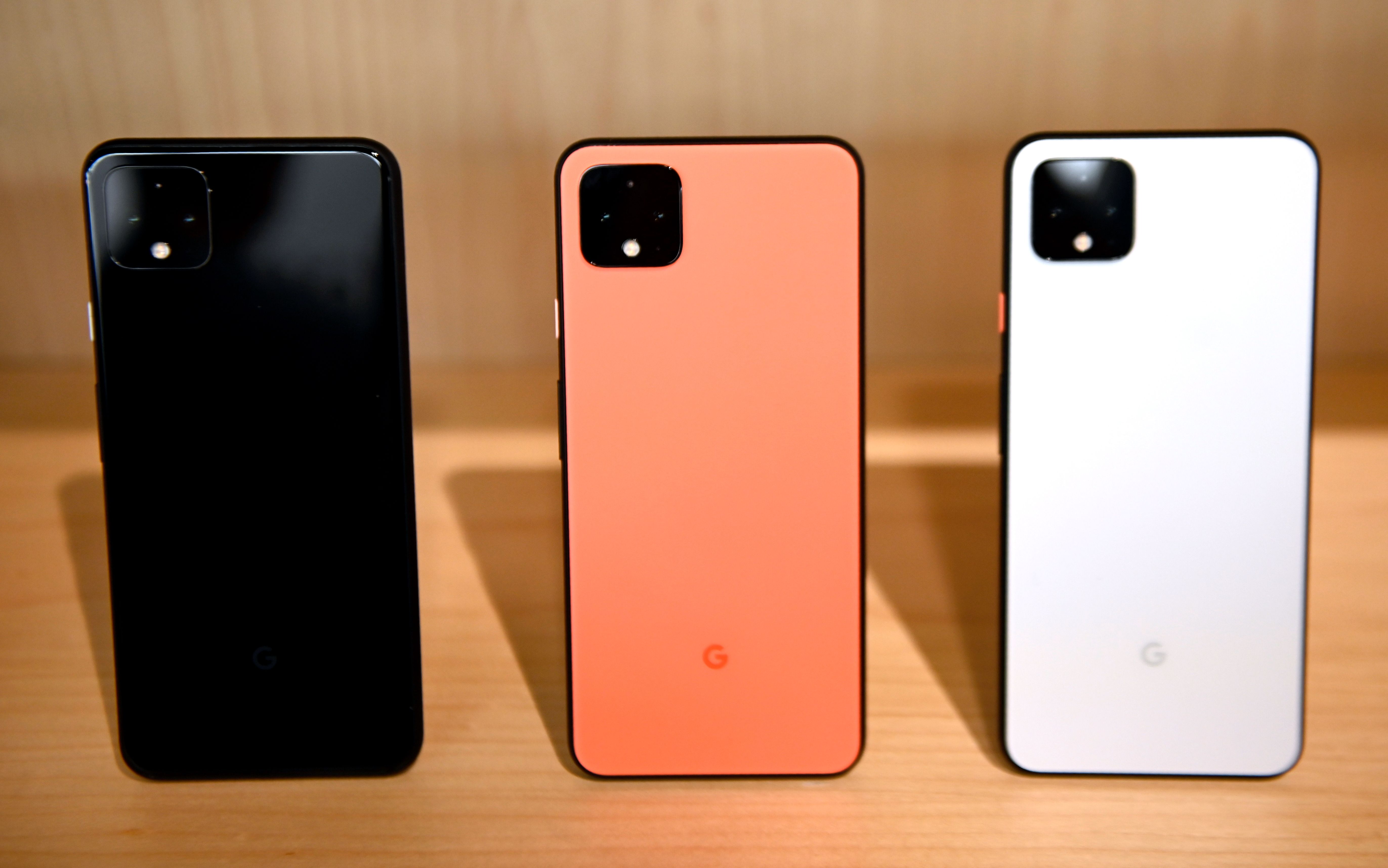
A free daily email with the biggest news stories of the day – and the best features from TheWeek.com
You are now subscribed
Your newsletter sign-up was successful
The smartphone world broke new ground in 2019, with bendable handsets and ultra-fast 5G networks shaking up the market.
A number of handsets that hit the shops over the past 12 months are compatible with the new 5G networks, with Britain’s mobile providers having switched on the ultra-fast signals in most major cities.
Tech giants also introduced the world’s first bendable smartphones - devices with flexible screens that can be folded in half and stowed in your pocket.
The Week
Escape your echo chamber. Get the facts behind the news, plus analysis from multiple perspectives.

Sign up for The Week's Free Newsletters
From our morning news briefing to a weekly Good News Newsletter, get the best of The Week delivered directly to your inbox.
From our morning news briefing to a weekly Good News Newsletter, get the best of The Week delivered directly to your inbox.
And with Black Friday just around the corner, there’s no better time to pick up a brand new smartphone.
So without further ado, here are the best handsets that hit the market in 2019:
Google Pixel 4
Google’s fourth-generation Pixel phones [top] are now on sale. Ahead of its release, the critics put the phone to the test to see whether the regular Pixel 4 and larger 4 XL will be a match for the new iPhone 11.
A free daily email with the biggest news stories of the day – and the best features from TheWeek.com
“If you’re in the market for one of the very best camera phones out there, the Pixel 4 should be at or close to the top of your list”, hails TechRadar. Google has upped its smartphone’s camera count to two lenses, adding a “useful” telephoto lens that lets users “zoom in on subjects without losing quality.”
While the camera system isn’t quite as advanced as some of its competitors, Google employs artificial intelligence to give its phones an edge over the rest, the tech site says. The system helps optimise images automatically, ideal for users looking to snap great pictures without the need of manually editing them later on.
The new Pixel 4 and 4 XL can be ordered directly from Google, with prices starting at £669 and £829 respectively.
iPhone 11 Pro and 11 Pro Max
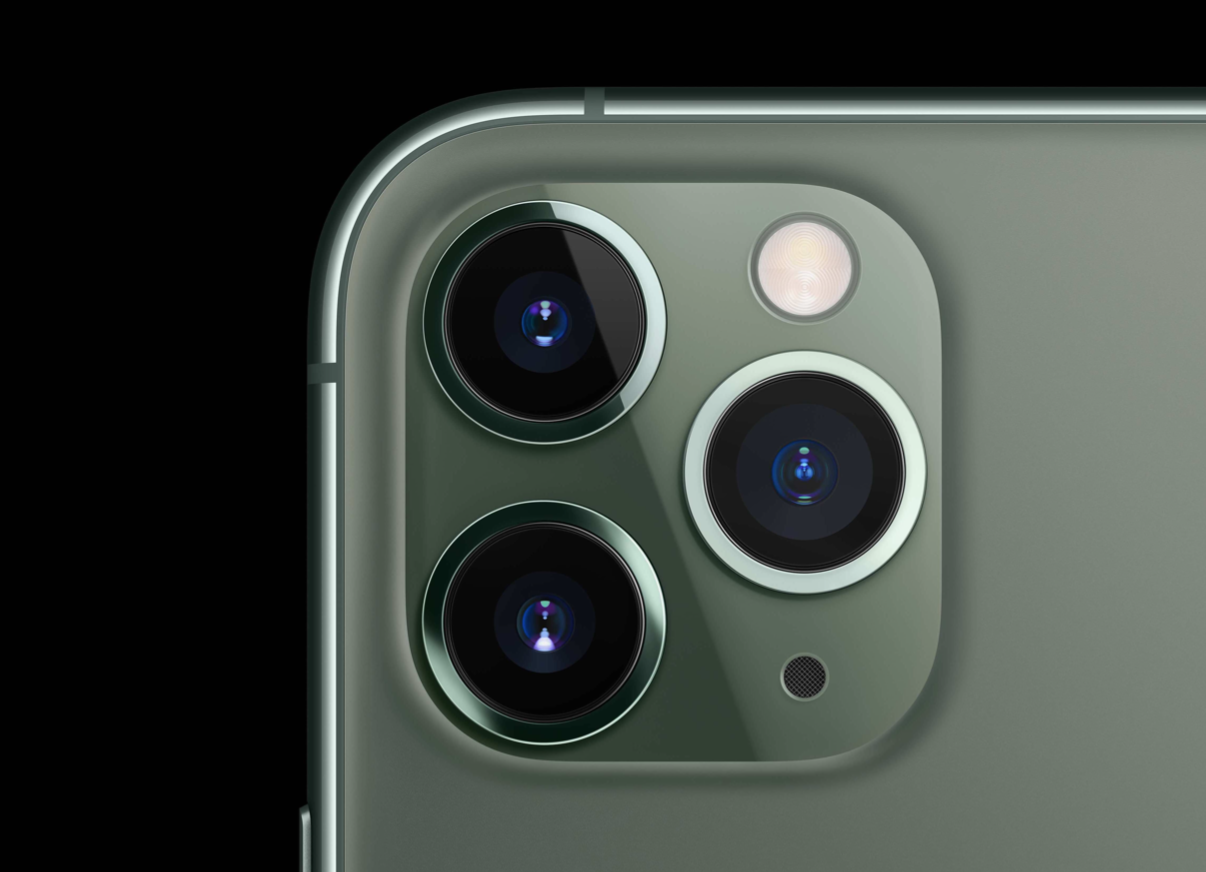
Apple’s iPhone 11 may be the cheapest of the bunch at £729, but the £1,049 iPhone 11 Pro and £1,149 iPhone 11 Pro Max are the company’s most advanced models to date and are proving to be popular with customers.
Differences between the iPhone 11 Pro and the old iPhone XS may be difficult to spot at first glance, but the major changes can be found at the back of the handsets. The iPhone 11 Pro models sport a new triple-lens camera system housed in a square-shaped enclosure at the back of phone, which contains a regular camera, a wide-angle lens and a telephoto sensor.
The Daily Telegraph says Apple has “hit a home run” with the iPhone 11 Pro’s camera, thanks to the new ultra-wide angle lens that lets users “take new kinds of photos.”
“Where you could previously just take a photo of someone's face and upper body, you can now capture them from head to toe, and landscapes from a hill or city rooftop do a much better job of representing everything you can see”, the newspaper says.
Tom’s Guide also sings the smartphone’s praises, saying iPhone 11 Pro buyers “get arguably the best cameras in a phone along with class-leading performance and an OLED display that outshines most Android phones.”
Google Pixel 3a
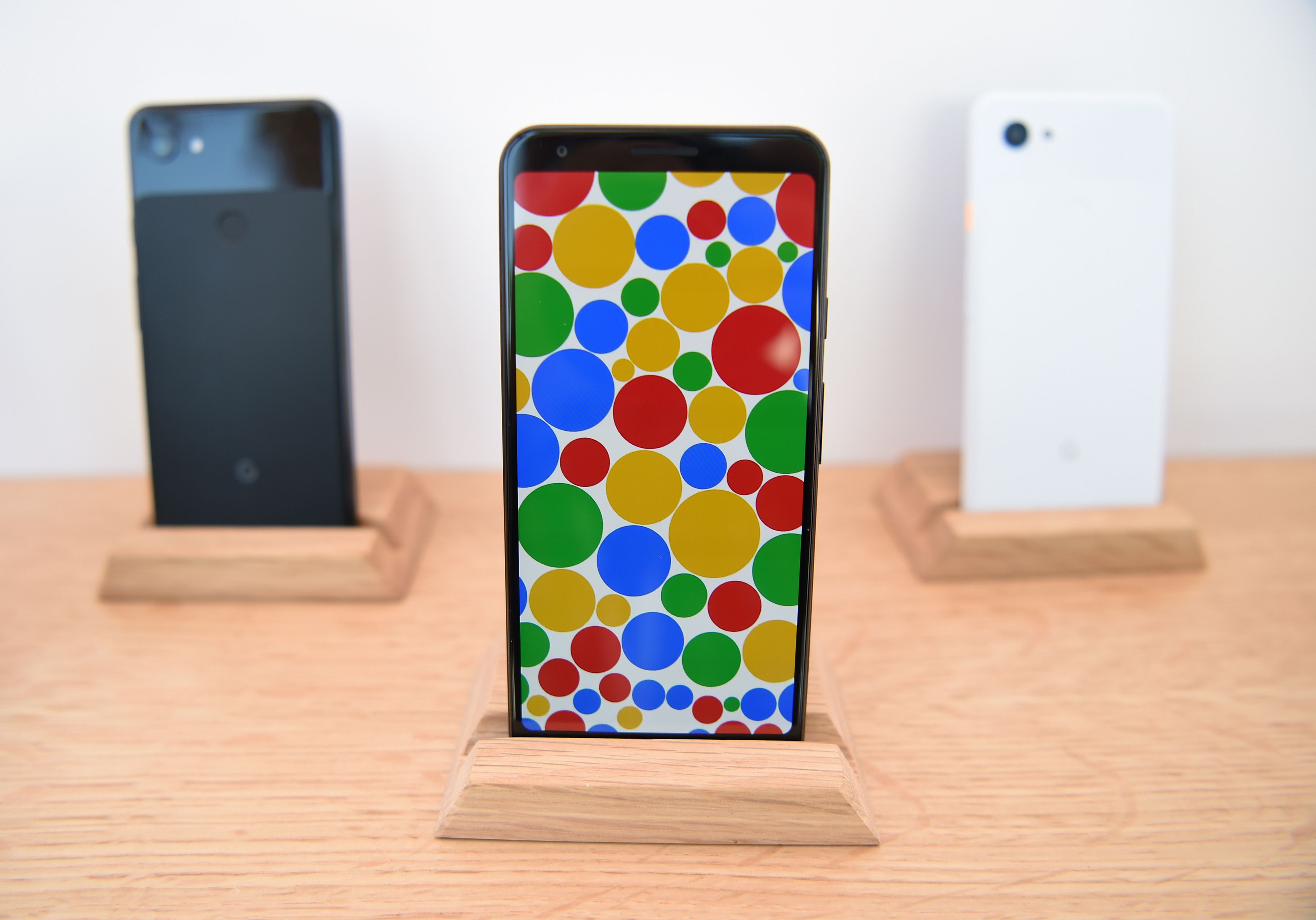
If your budget doesn’t stretch to a regular Pixel 3, Google has you covered. The search giant has launched a cheaper version of its flagship phone called the Pixel 3a, and it has more in common with the iPhone XS rival than you may expect.
For example, the budget smartphone comes with the same critically-acclaimed camera as the normal Pixel 3, The Verge reports. This includes Night Sight mode - which lets in more light for a higher level of detail on images taken in dark conditions.
Google hasn’t cut corners on display quality, either. The Pixel 3a is equipped with an 5.6in OLED screen with a resolution of 2220x1080, which “should be just as vibrant and crisp as those on the other third-generation Pixels”, argues Tom’s Guide.
In fact, the Pixel 3a comes with a slightly larger battery than the flagship model. The budget phone gets a 3,000mAh battery, while the Pixel 3 sports a 2,915mAh pack.
Orders for the Pixel 3a are open now, with prices starting at £399.
Honor View 20
Honor may be an unfamiliar name to some, but it’s part of one of the biggest tech companies in the mobile space. The Chinese brand is Huawei’s budget smartphone arm, providing top-tier levels of performance for a fraction of the price.
The company’s latest device is the View 20, which Stuff says is “easily its best effort to date”. The handset packs a similar “hole-punch” OLED display – where the screen wraps around the phone’s front-facing camera – to the Samsung Galaxy S10, though its price tag is almost half that of its South Korean rival.
While it comes with only a single rear-facing camera, compared to the quad-lens system on the P30 Pro, the View 20’s sensor boasts a “massive” 48 megapixels and uses a host of artificial intelligence (AI) systems to help improve image quality, the tech site says.
“You don't get some flagship phone-level features like wireless charging” or a fingerprint scanner built in to the display, T3 admits, but those are “small compromises” considering the phone’s giant-slaying performance.
Buyers can pick up the Honor View 20 with 128GB of storage from Amazon for £479.
Huawei P30 Pro

The battle for the top spot in the flagship smartphone market is heating up, as Huawei’s new P30 Pro has now entered the fray.
Although the Chinese firm’s range-topping handset doesn’t arrive in the shops until 5 April, critics have been giving their first impressions on the iPhone XS rival.
“Huawei has outdone itself with the P30 Pro”, according to T3. The device’s quadruple-camera system delivers “a truly unique smartphone camera experience out there”, especially the 5x optical zoom that captures details from afar “which would otherwise be unseen.”
The P30 Pro employs optical and digital image stabilisation to ensure “any trace of a wobble from your stills and videos” is removed, the tech news site says. The system also uses artificial intelligence (AI) to help remove blur in Night Mode, which keeps the camera’s shutter open longer to let in more light.
Meanwhile, the P30 Pro’s 6.47-inch OLED display comes with a far smaller “notch”, a small indent at the top of the device’s screen that houses the front-facing camera, which isn’t as “intrusive” as the notch on last year’s P20 Pro, says TechRadar.
There’s also no visible speaker at the front of the device. That’s because it’s tucked underneath the display, with sound being emitted through the screen itself, the tech site notes.
“Despite its clashes with US regulators and a chronic inability to keep its new phones secret, keeps improving at a rate that few other smartphone manufacturers can match”, says The Verge. The device is a “a photographic powerhouse” that’s sure to give its rivals a real headache.
Pre-orders are open now, with prices starting at £899.
OnePlus 7 Pro
Alongside the regular OnePlus 7 that launched at the Chinese smartphone maker’s keynote in London last week was another flagship product, the high-performance One-Plus Pro.
The £649 handset is the most powerful device that OnePlus has ever made. The company hopes it will give its more expensive rivals – iPhone XS and Samsung Galaxy S10 – a run for their money.
Arguably the most impressive feature on the OnePlus 7 Pro is its edge-to-edge display, which is devoid of the conventional “notch” (the small indent at the top of the panel that contains the phone’s front-facing cameras).
This has been achieved by replacing the in-screen front-facing camera with a 16-megapixel pop-up lens that emerges from the top of the device when the photo app is launched, The Guardian says.
The screen also runs at a refresh rate of 90Hz, says TechRadar, that is the equivalent of 90fps. This means that transitions between apps and different pages on the home screen are notably smoother than on other smartphones.
“Yes, it’s expensive, but there’s no denying that it’s still the best buy in its price range”, the tech site concludes.
Samsung Galaxy S10
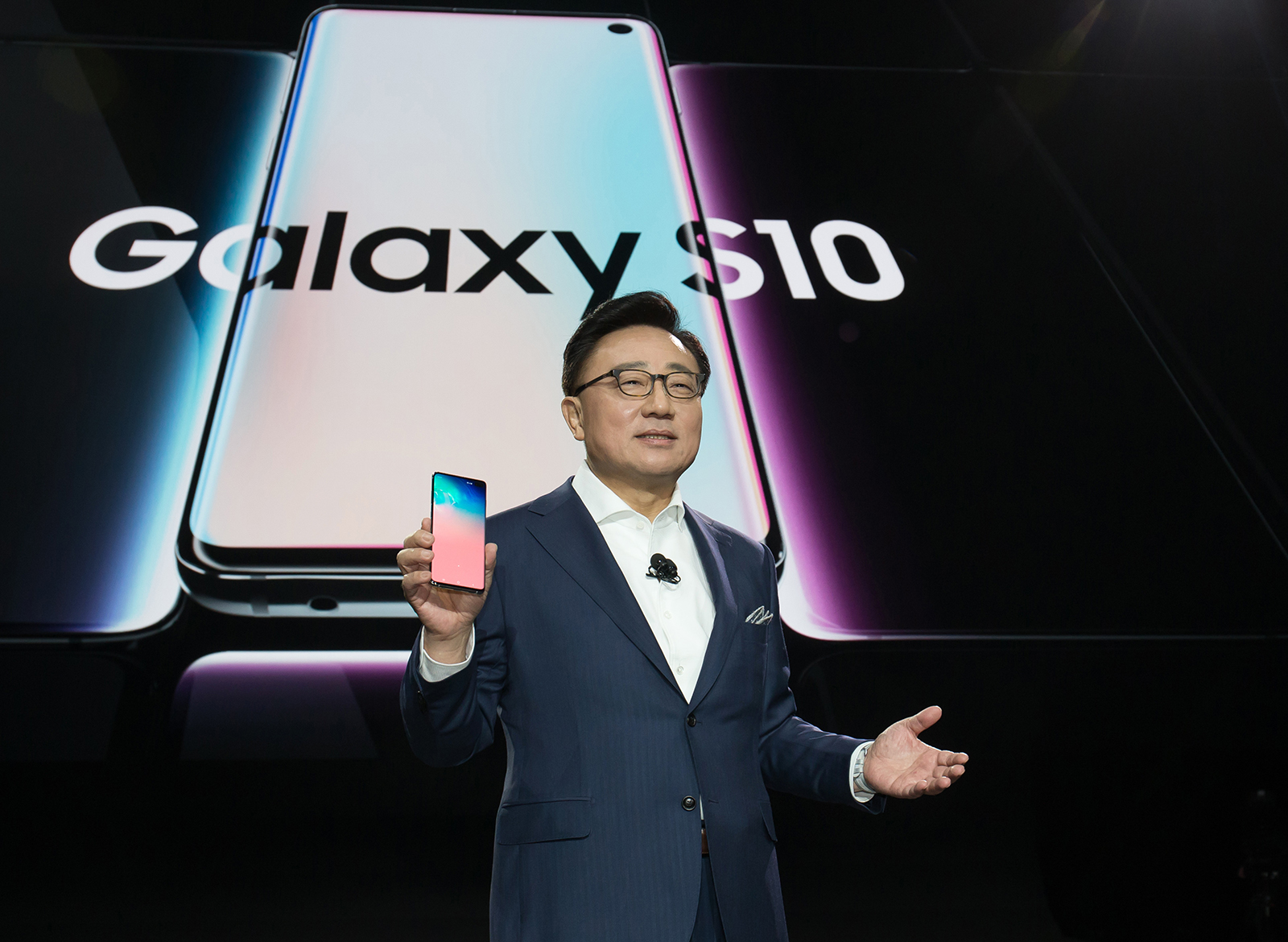
Samsung unveiled a bunch of smartphones under the S10 banner last week, including a budget S10e aimed at the iPhone XR and the powerful S10 5G.
But our pick for this year’s best is the regular S10, the phone that blends the latest technology and - at £799 - is priced competitively.
The S10 comes with Samsung’s new AMOLED Infinity-O display, which covers most of the phone’s front panel except for a small cut-out for the front-facing cameras.
Baseline specs start with 8GB of RAM and 128GB of storage, but this can be upgraded to 512GB of space for an extra £200. There’s also a microSD card slot, allowing you to add a further 512GB of storage.
Opt for the S10 5G model and you’ll be able to tap into the new speedy 5G networks. Pricing hasn’t been announced for this model yet, but expect it to cost a little more than the £899 S10 Plus.
Orders for the standard S10 are open now, though buyers will have to wait until 8 March for their new phone to arrive.
-
 Local elections 2026: where are they and who is expected to win?
Local elections 2026: where are they and who is expected to win?The Explainer Labour is braced for heavy losses and U-turn on postponing some council elections hasn’t helped the party’s prospects
-
 6 of the world’s most accessible destinations
6 of the world’s most accessible destinationsThe Week Recommends Experience all of Berlin, Singapore and Sydney
-
 How the FCC’s ‘equal time’ rule works
How the FCC’s ‘equal time’ rule worksIn the Spotlight The law is at the heart of the Colbert-CBS conflict
-
 Will AI kill the smartphone?
Will AI kill the smartphone?In The Spotlight OpenAI and Meta want to unseat the ‘Lennon and McCartney’ of the gadget era
-
 Has Google burst the Nvidia bubble?
Has Google burst the Nvidia bubble?Today’s Big Question The world’s most valuable company faces a challenge from Google, as companies eye up ‘more specialised’ and ‘less power-hungry’ alternatives
-
 Is Apple’s Tim Cook about to retire?
Is Apple’s Tim Cook about to retire?Today's Big Question A departure could come early next year
-
 How the online world relies on AWS cloud servers
How the online world relies on AWS cloud serversThe Explainer Chaos caused by Monday’s online outage shows that ‘when AWS sneezes, half the internet catches the flu’
-
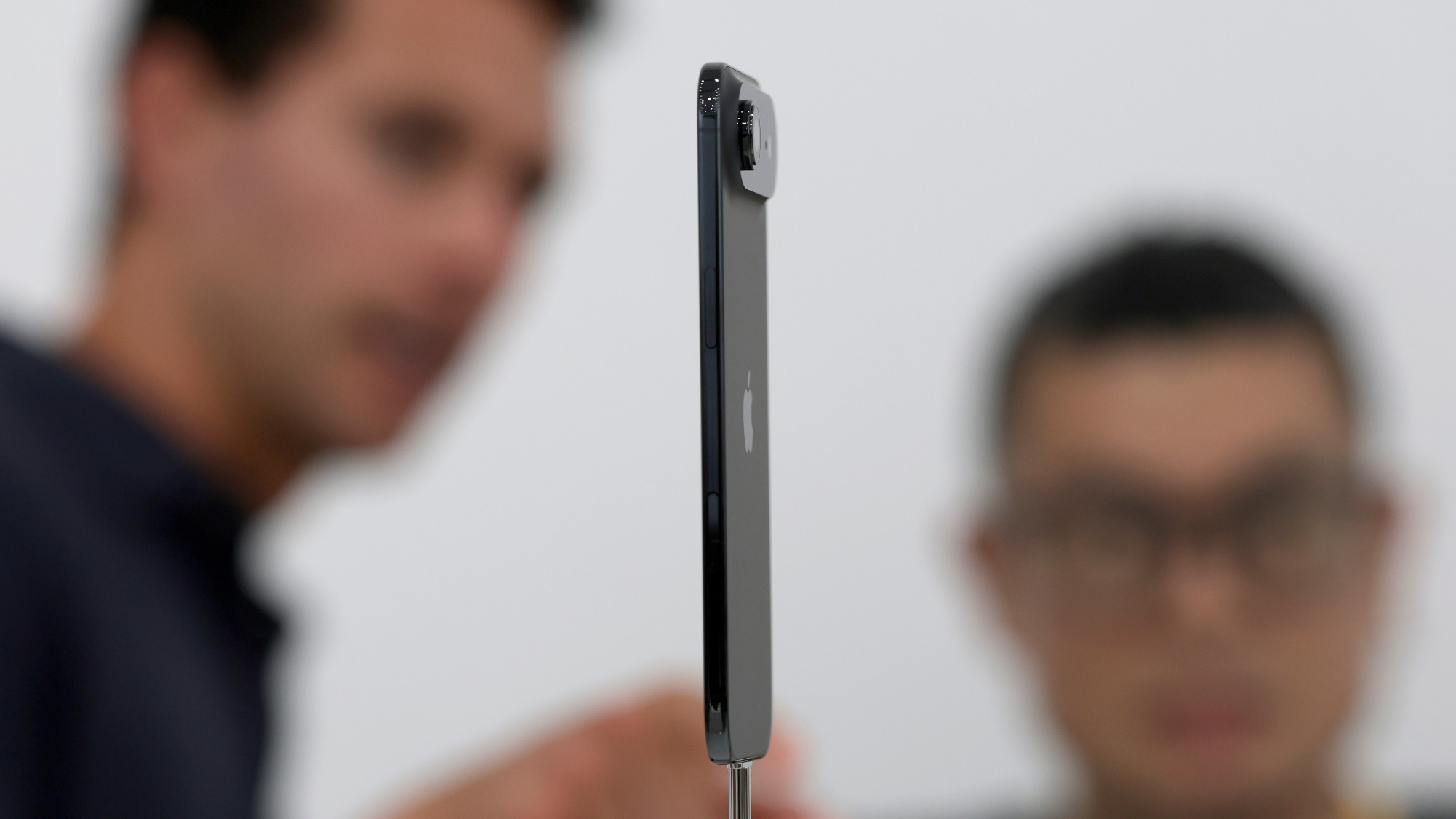 iPhone Air: Thinness comes at a high price
iPhone Air: Thinness comes at a high priceFeature Apple’s new iPhone is its thinnest yet but is it worth the higher price and weaker battery life?
-
 Is the UK government getting too close to Big Tech?
Is the UK government getting too close to Big Tech?Today’s Big Question US-UK tech pact, supported by Nvidia and OpenAI, is part of Silicon Valley drive to ‘lock in’ American AI with US allies
-
 Google: A monopoly past its prime?
Google: A monopoly past its prime?Feature Google’s antitrust case ends with a slap on the wrist as courts struggle to keep up with the tech industry’s rapid changes
-
 South Korea's divide over allowing Google Maps
South Korea's divide over allowing Google MapsTalking Points The country is one of few modern democracies where the app doesn't work